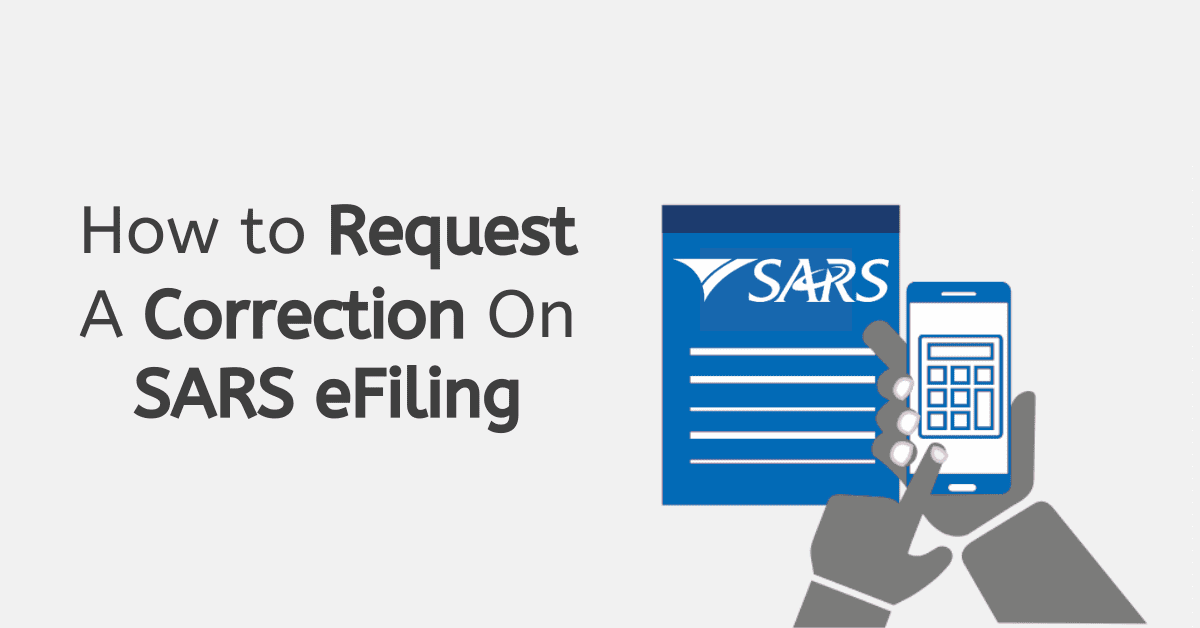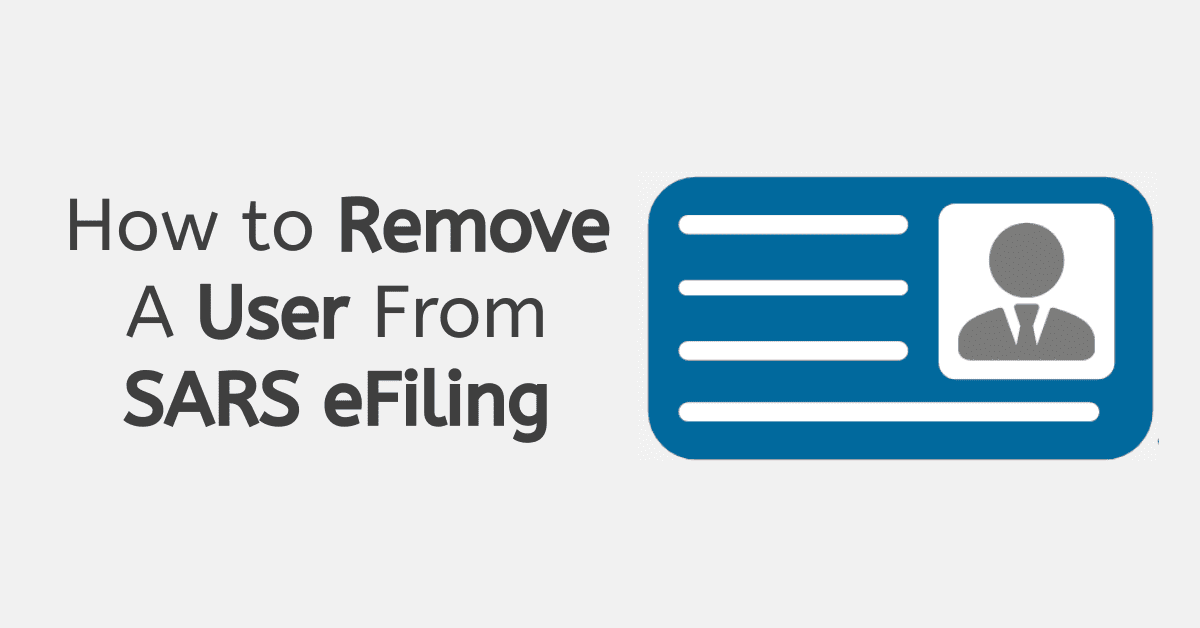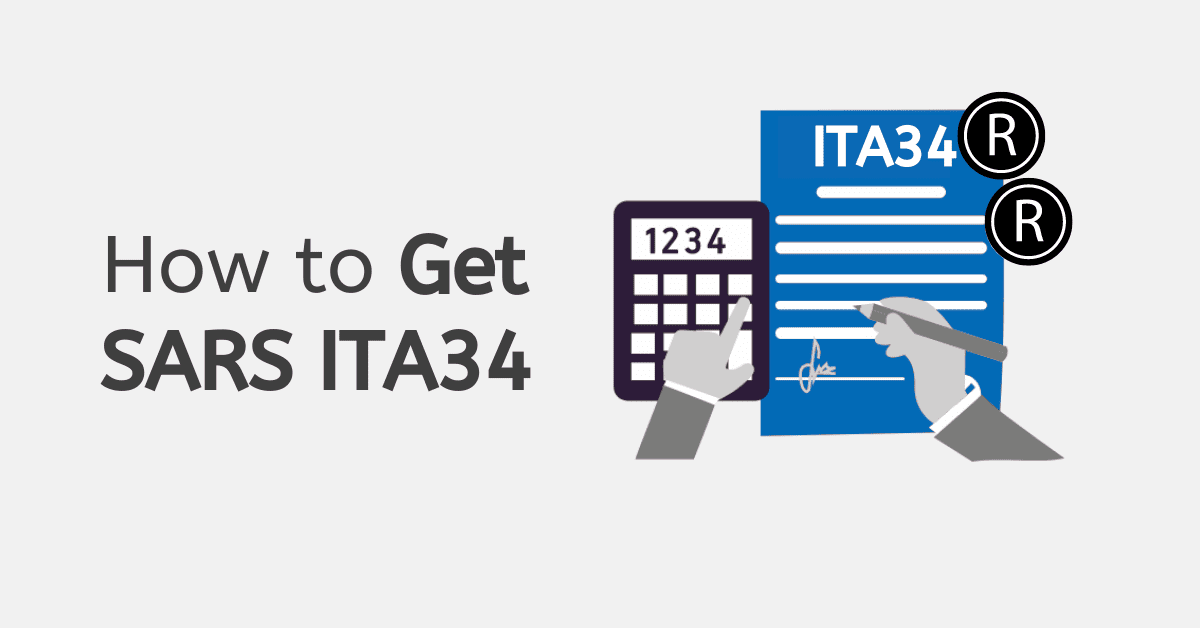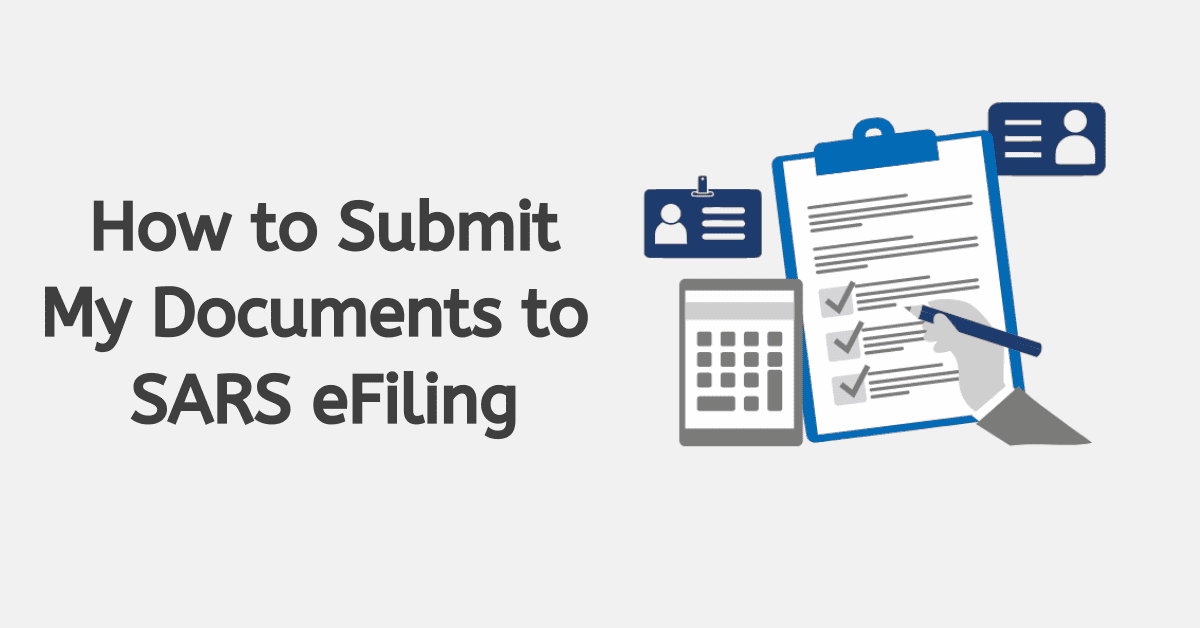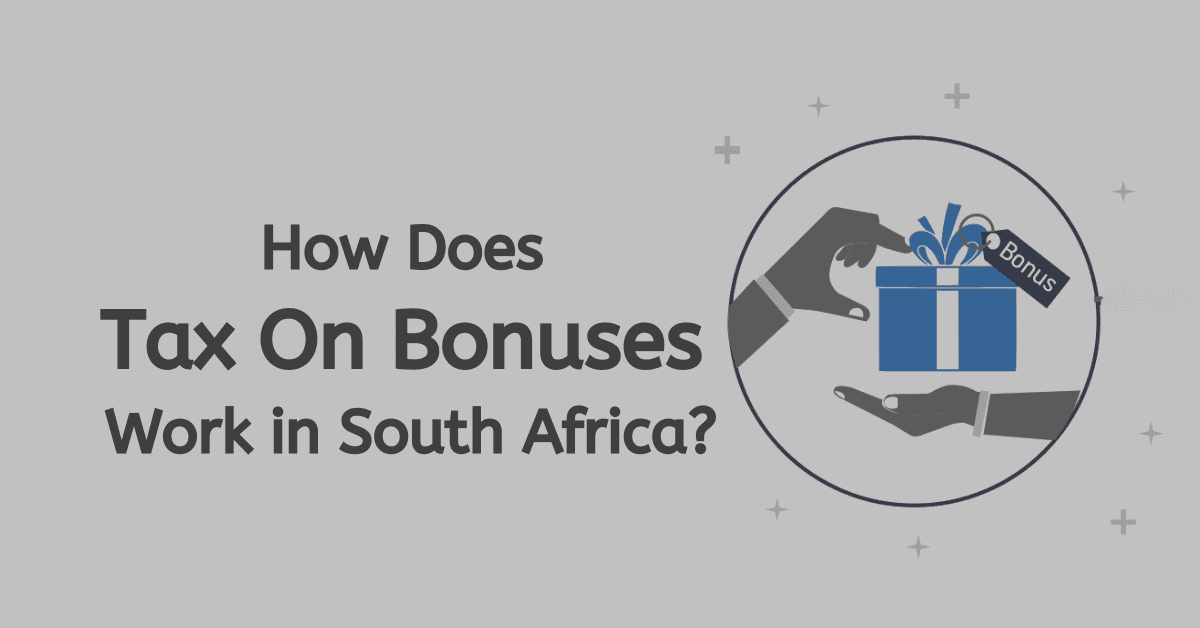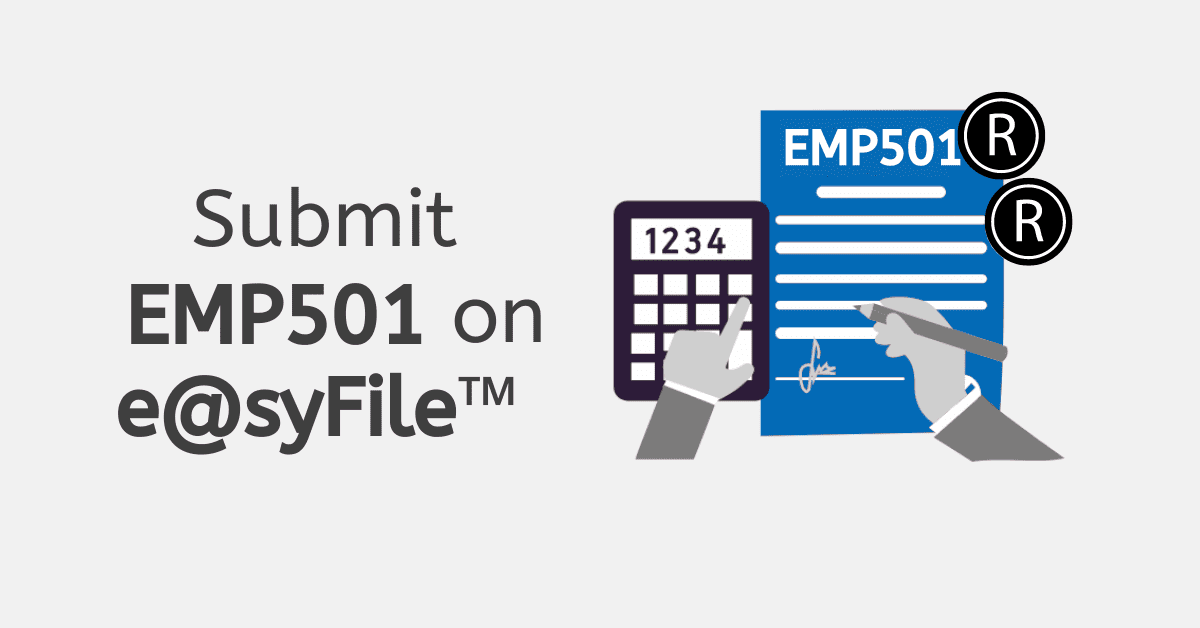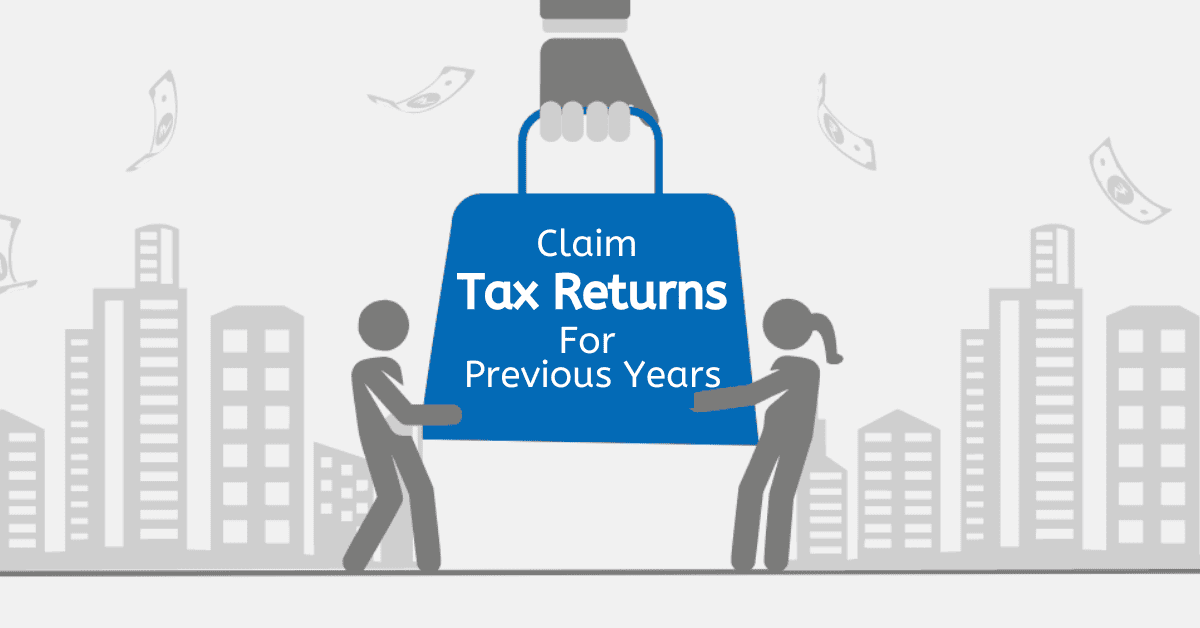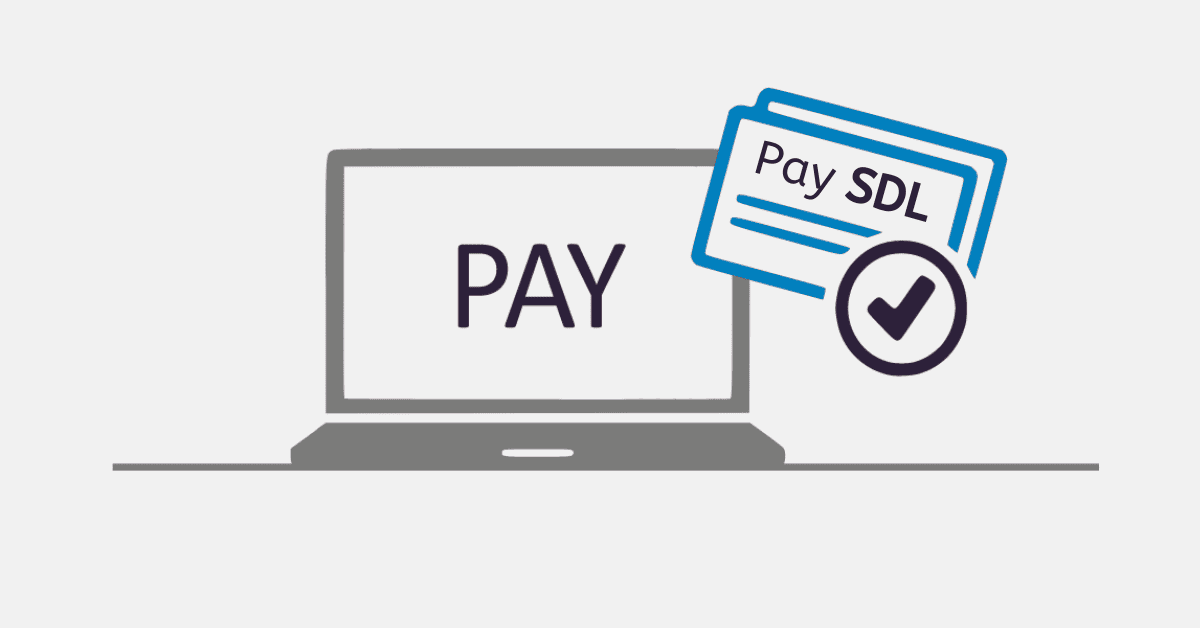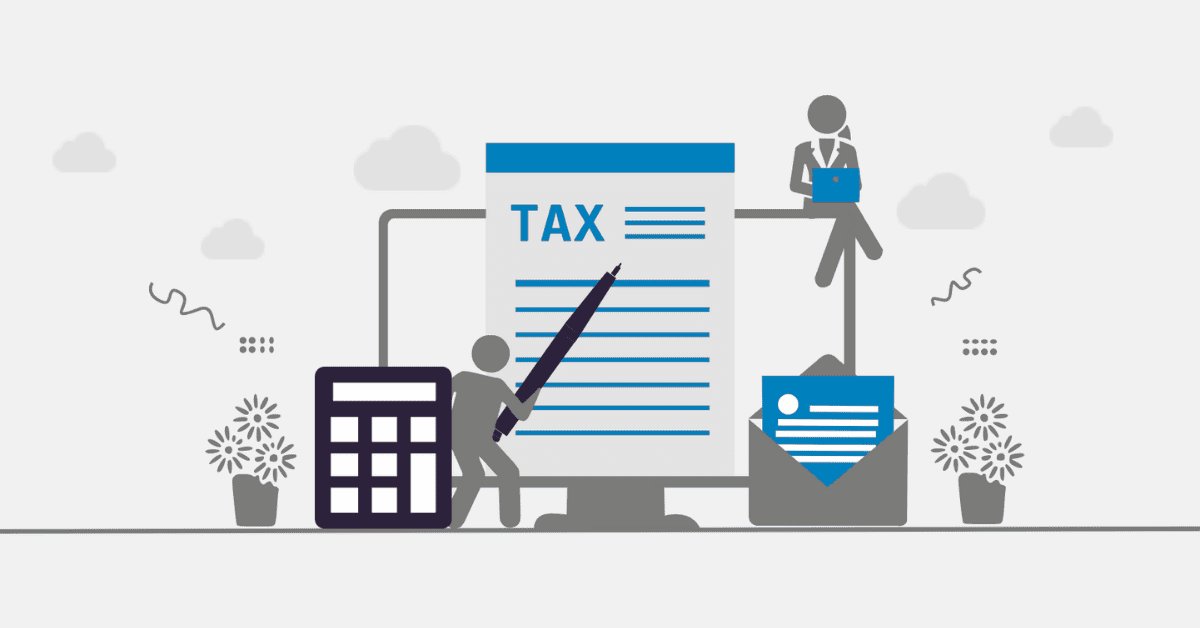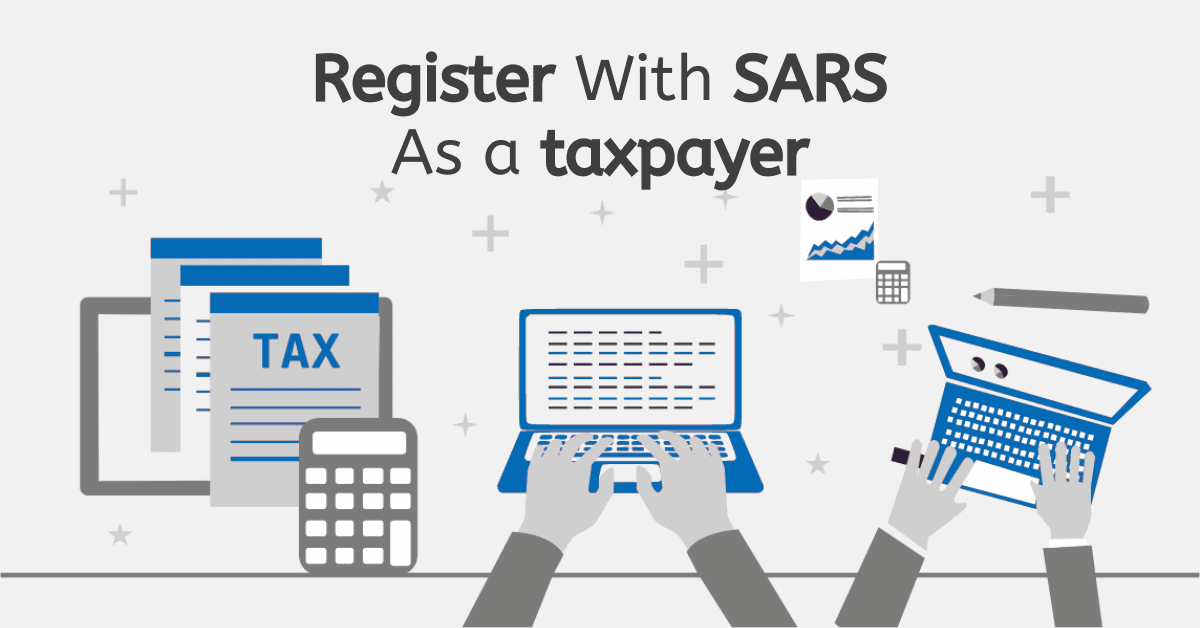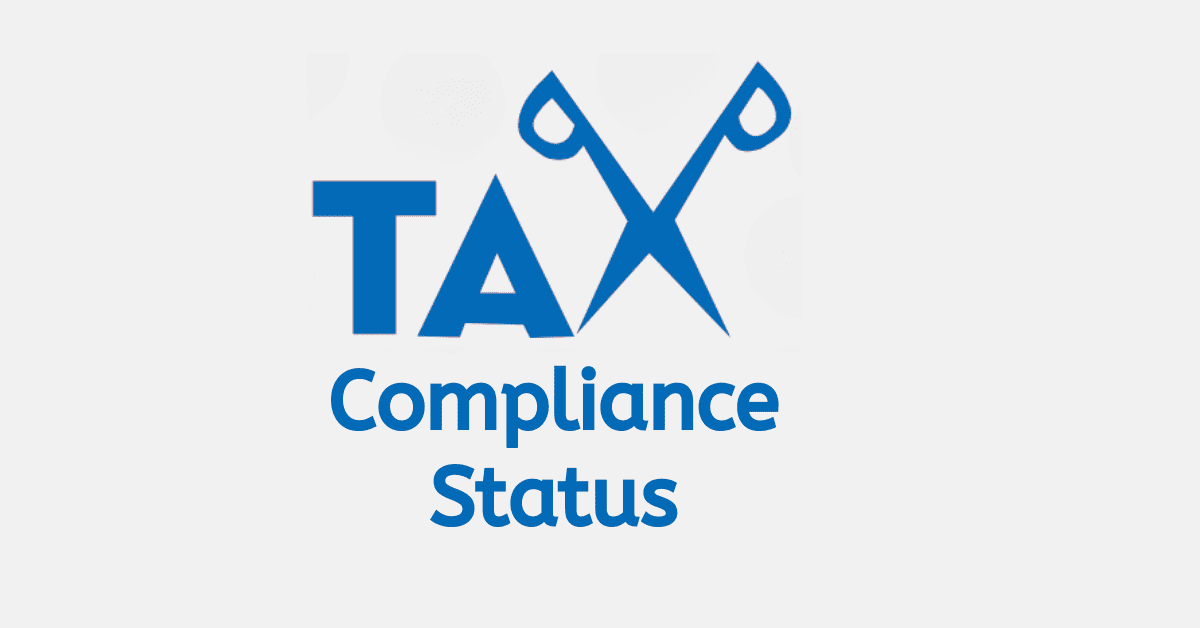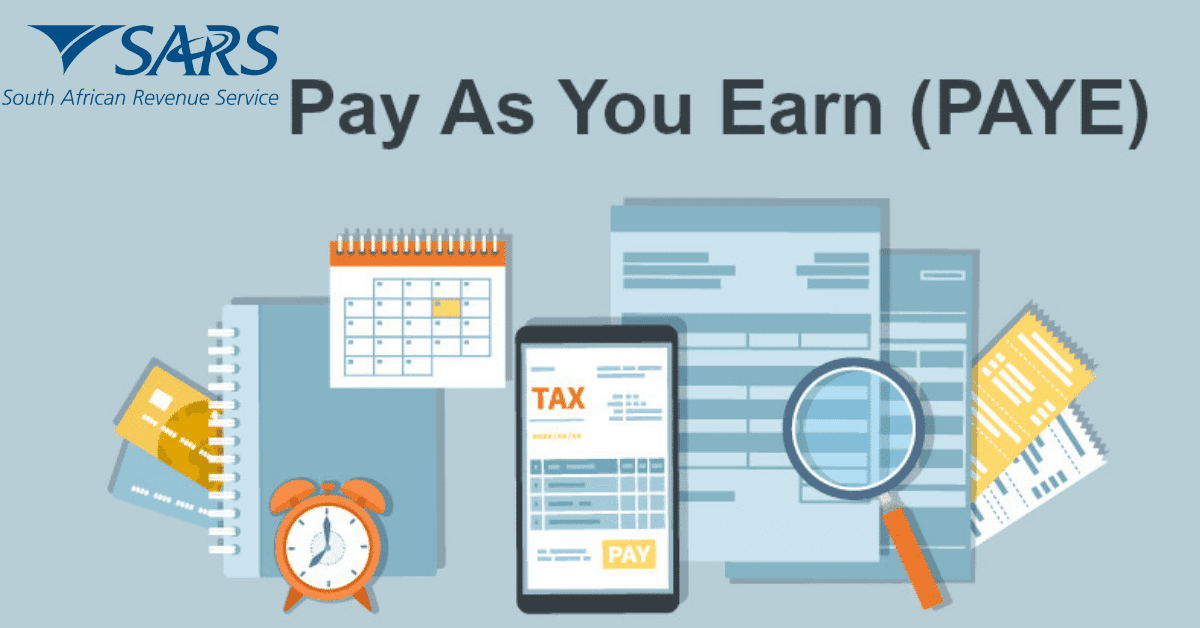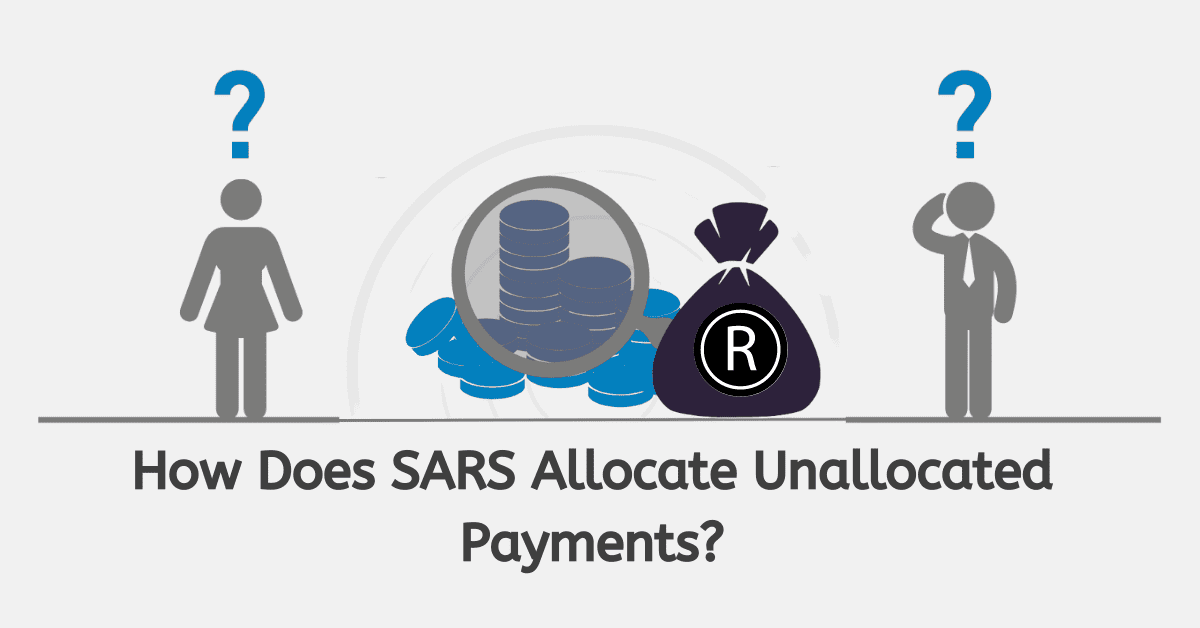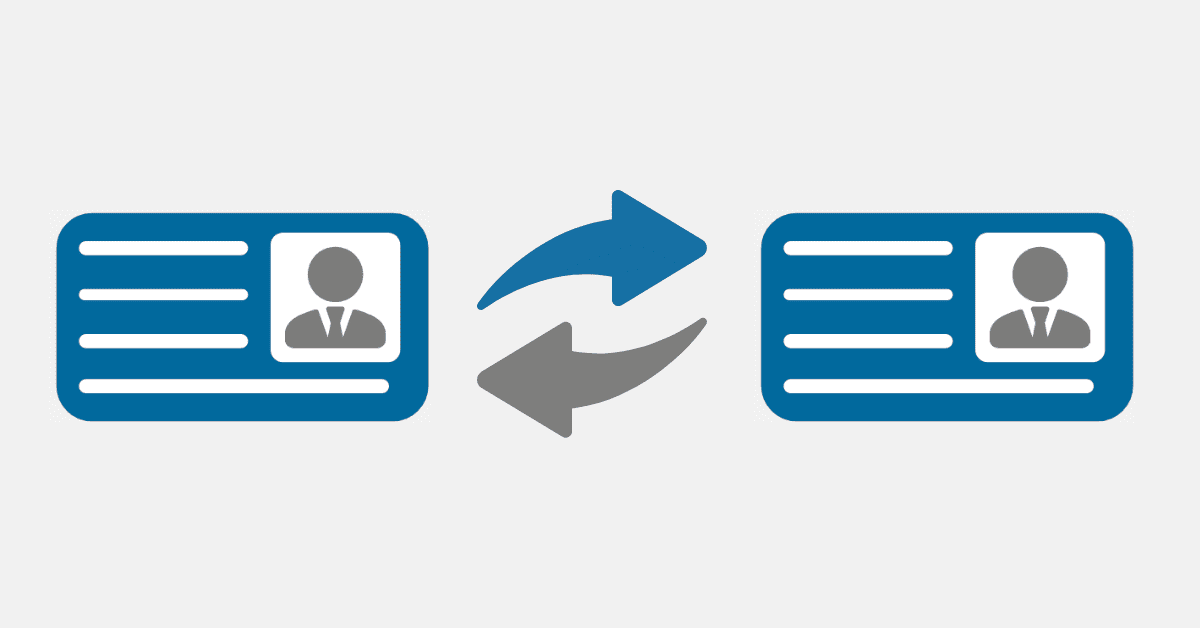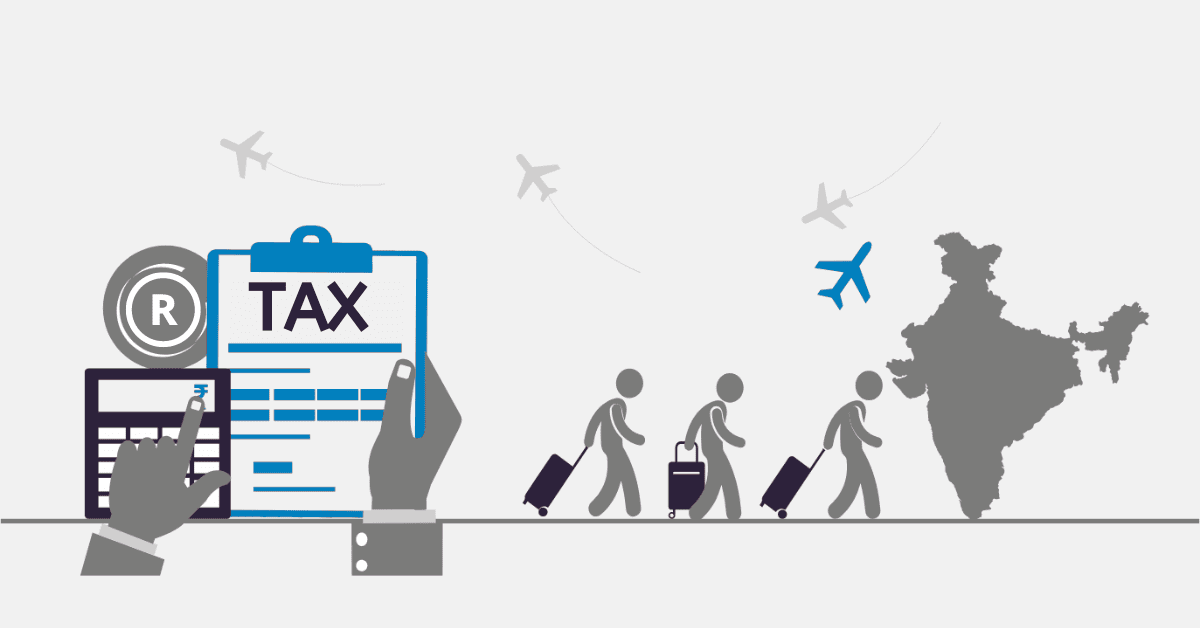Taxes are an essential component of any functioning economic system in any nation. For instance, South Africans must submit their tax payments to the South African Revenue Service annually (SARS). Also, various government initiatives, including education, healthcare, infrastructure, and social services, are funded through taxes. And in this post, we will examine SARS’s methodology to compute taxes. Let’s dive in!
How does SARS calculate tax?
Have you ever wondered how SARS calculates your tax? Understanding how your taxes are calculated is essential because it helps you better manage your finances and plan for your future.
SARS uses a taxpayer’s taxable income to calculate their tax due, usually expressed as an amount, a percentage, or a combination of both. In South Africa, taxpayers are liable to pay income tax based on the following categories:
For taxpayers between 65 – 75 years old, the tax threshold will be R141 250. And for taxpayers 75 years and older, the tax threshold will be R1157 900.
It is important to note that the average tax rate in South Africa in 2025 is 12.5%, and the marginal tax rate is 26%. The marginal tax relates to the immediate additional income that will be taxed at the marginal rate. Therefore, this means an increase of R10 in your earnings will be taxed R2.60, and your net pay will increase by R7.40.
Also, SARS uses a pre-determined rate to calculate each type of tax due based on the income received by the taxpayer. For instance, if your taxable income is ZAR 200,000, your tax due will be calculated as follows:
The first ZAR 226,000 will be taxed 18%, which equals ZAR 40,680. The remaining ZAR 0 will be taxed at 0%, which equals ZAR 0. Therefore, your total tax due is ZAR 40,680.
How is income tax calculated in South Africa?
South Africans must pay income tax to grow and run the country, and it’s an annual tax on your income from March 1 to February 28. Also, remember parliament sets income tax rates, which the Minister of Finance announces in the yearly budget speech.
The more you make, the more you pay on a sliding scale, and marginal or statutory tax rates apply in these cases. So, the larger your income, the higher your tax rate.
Also, remember SARS calculates each tax depending on taxpayer income using a pre-determined rate, and tax rates are stated as amounts, percentages, or both. From March 1, 2025, until February 28, 2025, the tax rates are:
- 18% taxes income up to R226 000.
- Taxable income between R226 001 and R353 100 is taxed at 26% plus R40 680.
- Taxable income between R353 101 and R488 700 is 31% of the amount over R353 100 plus a flat rate of R73 726.
- Taxes on income between R488 701 and R641 400 are 36% of the amount over R488 700 + R115 762.
- Taxable income between R641 401 and R817 600 is taxed at 39% plus R170 734.
- Taxable income between R817 601 and R1 731 600 is taxed at 41% plus R239 452.
- Taxable income over R1 731 601 is taxed at 45% and a flat rate of R614 192.
Generally, paying a fair amount of taxes is necessary because they help operate the country.
What percentage does SARS take from your salary?
SARS will deduct a portion of your salary to pay income tax when you receive your earnings. This money funds various public services, such as healthcare, education, and infrastructure development. But how much does SARS take from your hard-earned cash?
Well, that depends on how much you earn. SARS uses a sliding scale to determine the amount of tax you owe, with higher earners paying a higher percentage. For example, if you earn between R1 and R226,000 per year, you will be taxed at 18%. If you make between R226,001 and R353,100, you will pay R40,680 plus 26% of the amount above R226,000. The percentage increases as your income increases.
According to SARS tax statistics for 2025/26, the average tax rate across all taxpayers in South Africa is 22.4%. Therefore, SARS will deduct approximately 22.4% of your income to pay taxes if you earn an average salary. However, it’s important to note that this is just an average, and your pay percentage will depend on your specific income level.
While paying taxes may not be the most enjoyable part of earning a salary, it’s an essential part of being a responsible citizen and contributing to the growth and development of your country.
How much tax does SARS take?
SARS takes a percentage of your salary based on the amount of money you earn in a year. This tax is called Income Tax, the most common tax paid in South Africa.
Your taxable income determines this income tax you pay to SARS. The taxable income is calculated by subtracting any deductions and exemptions from your annual income. Furthermore, the Income Tax rates in South Africa are progressive, meaning that the more you earn, the higher the percentage of tax you pay.
For example, if you earn between 1 and 226 000 ZAR per year, SARS will take 18% of your taxable income as tax. If you make between 226 001 and 353 100 ZAR per year, you will pay 40 680 ZAR plus 26% of your taxable income above 226 000 ZAR. The higher your income, the higher the percentage of your income that you will pay in tax.
There are other taxes you might have to pay to SARS, such as Donations Tax, Estate Duty, and Securities Transfer Tax, among others. However, Income Tax is usually the most significant type of tax you will pay to SARS, and it’s essential to ensure that you file your tax returns on time to avoid any penalties.
What is the minimum salary to pay tax in South Africa?
You may be asking if you have to pay taxes in South Africa and, if so, at what wage level that begins. The good news is that if your annual income is less than R91,250, you won’t owe any taxes (for the 2025 tax year). That’s true. If your yearly earnings are below this level, you owe zero in taxes. More than this threshold, however, and you will be subject to the tax rates and brackets established by SARS. Be cautious about monitoring your earnings and stay within the parameters set forth by the law to avoid fines.
Conclusion
Determining your tax liability in South Africa requires detailed information about your income, deductions, and other finances. You must understand how SARS decides your tax liability to comply with tax regulations and remit the appropriate amount. You may decrease your tax burden by making the most of your deductions and getting professional help with your taxes. Also, remember that fulfilling your tax responsibility is not only the right thing to do but also an investment in the growth and prosperity of your country and its people.
